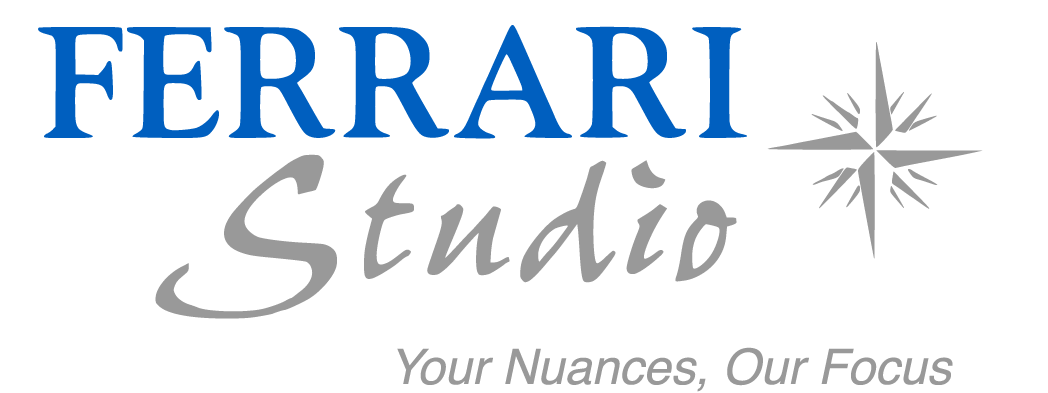FERRARI Studio
Travel, hospitality, communication: how speaking the right language can turn a good trip into an unforgettable experience.
In today’s world, shaped by increasingly close global connections, speaking foreign languages is no longer just an added bonus, it’s quickly becoming a real necessity.
This is especially true in the tourism industry, where communication is at the heart of every interaction, and language skills play a key role in shaping the traveler’s experience.
Travel is no longer a luxury for the few, but a widespread reality for millions. Every trip is, in essence, a cultural exchange – one made up of encounters, experiences and, above all, words. In this context, language becomes the first genuine act of hospitality. Whether it’s a hotel receptionist, a tour guide or a server in a restaurant, the ability to communicate with a guest in their native language, or at least in a shared language like English, can make a significant difference in how the experience is perceived.
A European Commission survey found that 79% of European tourists prefer to travel to destinations where communication isn’t a big problem. This clearly shows how language accessibility influences not only the appeal of a destination but also the overall satisfaction of travelers.
Language knowledge, however, goes far beyond simply exchanging information. It allows for a deeper understanding of other cultures, their customs and values.
In the tourism field, this cultural awareness is essential for delivering service that is empathetic, tailored and high-quality.
The numbers back this up: according to the World Travel & Tourism Council (WTTC), tourism accounts for around 9.1% of global GDP and provide jobs to 1 in 10 people worldwide.
In this fast-growing sector, language skills are a real competitive edge. A study by Cedefop (European Centre for the Development of Vocational Training) found that over 50% of tourism-related job listings require knowledge of English, often alongside a second language like French, German or Spanish. At the same time, there’s a rising demand for less commonly spoken – but increasingly important – languages such as Chinese, Russian or Arabic.
Even in education and internship programs related to tourism, language skills are crucial. Opportunities for international placements or exchange programs are often reserved for students who speak two or more foreign languages – proving that investing in language learning can make a real difference to one’s career prospects.
Beyond the professional realm, it’s also worth recognizing the personal value of multilingualism.
Being able to speak the local language opens the door to more authentic travel experiences, helping tourists break away from cookie-cutter itineraries and connect directly with local communities. This personal and cultural dimension is what makes tourism truly unique and unforgettable.
In this light, languages are more than just tools for communication – they’re bridges between people and cultures.
They don’t just help us understand one another; they create genuine human connections, deepen interactions and enrich every travel experience. Speaking a visitor’s language means making them feel welcome, valued and understood. It minimizes misunderstandings and enhances the overall quality of service.
A simple example makes this clear: a receptionist who speaks French can greet a Parisian guest with a warm “Bienvenue!” and offer directions or recommendations in their native language. This small gesture can leave a lasting impression, making the guest feel at home and increasing the chances they’ll return – or recommend the place to others.
Language skills also foster deeper cultural exchange. The tourist is no longer just a spectator, but an active participant in the journey. Languages enrich the travel experience and help build bridges of understanding, respect and collaboration between cultures. In a world that increasingly calls for dialogue and inclusion, every new language learned is a door opened – both on a personal level and a professional one.
